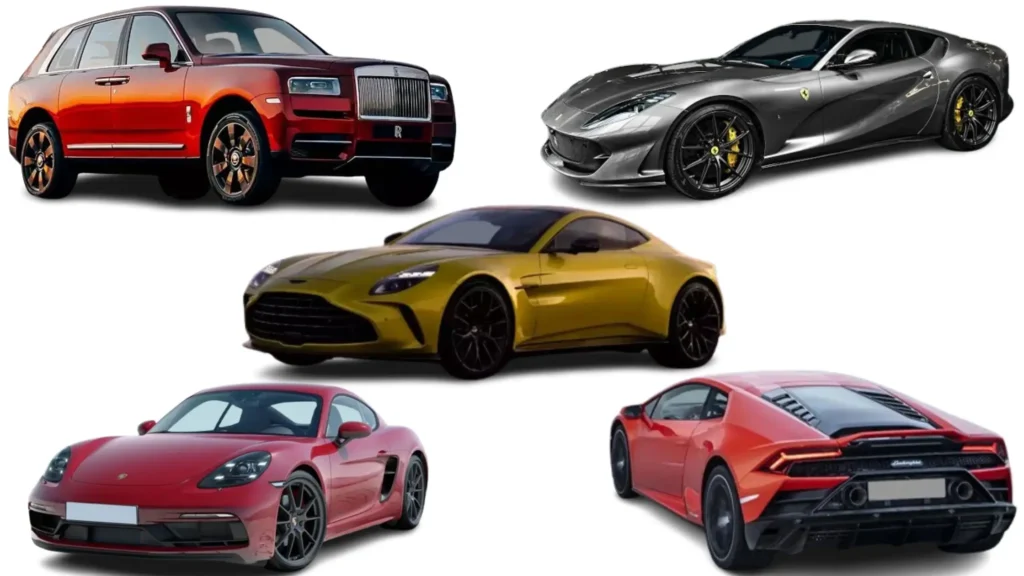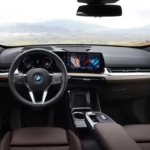
Why Cars Are Important for Every Class: A Brief Overview
Transportation plays a vital role in shaping our daily lives, economies, and societies. Among all modes of transportation, cars have emerged as one of the most widely used and valued. 10 uses of vehicles in daily life While opinions may differ based on economic status, geography, and personal priorities, cars hold importance across all social classes—lower, middle, and upper—for a variety of reasons.
Table of Contents
1. Personal Mobility and Freedom
10 uses of vehicles in daily life At the most basic level, cars provide personal mobility. They allow people to travel at their own pace, on their own schedule, and with a high degree of comfort. Unlike public transportation, which follows fixed routes and timetables, cars offer flexibility.
- Lower-income individuals often live in areas with limited or no access to reliable public transportation. Owning a car can be a means to secure employment or access better healthcare and education facilities.
- Middle-class families typically depend on cars for commuting to work, school runs, shopping, and leisure. For them, the car is a necessity more than a luxury.
- Upper-class individuals often view cars not just as transportation tools but also as status symbols. They may own multiple vehicles for different purposes: work, travel, luxury, or leisure.
2. Economic Opportunity
Cars play a direct and indirect role in enhancing economic mobility.
- Employment Access: A car expands job opportunities by allowing access to jobs that may be far from home or not connected to public transport systems.
- Gig Economy: Cars enable many to participate in gig-based work like ride-sharing (Uber, Lyft), food delivery (DoorDash, Uber Eats), and courier services.
- Small Business Support: For many small business owners—like plumbers, electricians, mobile vendors—cars and vans serve as vital business tools.
- Asset Ownership: For lower-income individuals, a car can be one of the few assets they own. It may appreciate in emotional or functional value, if not in monetary terms.
3. Social and Cultural Connectivity
Transportation impacts our ability to maintain social relationships and participate in cultural or religious activities.
- For the lower class, being able to attend family events, visit relatives, or go to places of worship without relying on expensive or unreliable public transport is crucial.
- Middle-class families often use cars for weekend getaways, holidays, or social events, helping maintain a work-life balance.
- For the upper class, cars can be a symbol of lifestyle, used for social prestige, recreational travel, or even motorsport activities.
In rural or suburban areas, where public transport is scarce or non-existent, cars are often the only practical way to stay connected to the wider world.
4. Time and Convenience
Time is valuable to everyone, regardless of social class. Cars can drastically reduce travel time compared to buses, trains, or walking.
- Lower-income workers who do shift work, night jobs, or multiple jobs benefit immensely from the flexibility of personal transport.
- Middle-class commuters save time and stress, especially in areas where public transport is overcrowded or delayed.
- Wealthy individuals often invest in high-performance or chauffeur-driven cars to save time and reduce stress.
Owning a car helps people manage their daily routines more efficiently, improving productivity and reducing mental fatigue.
5. Safety and Health
10 uses of vehicles in daily life Cars can offer a safer and more hygienic option for transportation, particularly important in certain contexts:
- In pandemic situations (like COVID-19), a private vehicle offers isolation and protection from exposure in crowded buses or trains.
- For families with elderly members or children, cars provide more control over environmental conditions and safety.
- People with disabilities or chronic health issues may find it hard to navigate public transport, making a personal vehicle almost essential.
6. Emergency Use
10 uses of vehicles in daily life Cars can be lifesavers during emergencies—medical, natural disasters, or family crises.
- The ability to transport someone to a hospital quickly can be a matter of life and death.
- In regions prone to floods, storms, or political unrest, cars provide the means to evacuate or reach safety.
- Even at a personal level, cars offer independence for urgent errands at odd hours, which public transport cannot always support.
7. Economic Impact and Job Creation
10 uses of vehicles in daily life The automobile industry itself is a major contributor to global and local economies. It supports millions of jobs directly and indirectly:
- Manufacturing and assembly
- Sales and marketing
- Fuel and energy
- Insurance and financing
- Maintenance and repair
For the working class, jobs in car factories, dealerships, and garages offer stable employment. For middle and upper classes, investing in or owning auto-related businesses is a potential source of income.
8. Technological and Environmental evolution of cars in india
Cars today are not just means of transport—they are platforms for innovation.
- Electric vehicles (EVs) are becoming more accessible, helping address environmental concerns and reduce fuel costs. Governments often provide subsidies for EV adoption.
- Connected cars with GPS, Wi-Fi, and entertainment systems enhance user experience across all income groups.
- Autonomous vehicles, though currently niche, are expected to improve mobility for people who cannot drive due to age or disability.
While environmentalists criticize traditional cars for pollution, the shift to greener technologies ensures cars will continue to be relevant while addressing climate concerns.
9. Cultural and Emotional Value
For many, a car is more than just a machine—it’s a symbol of freedom, achievement, or family legacy.
- First-time car buyers often mark it as a significant milestone.
- Families may associate their car with vacations, milestones, or shared memories.
- In many cultures, gifting a car is a sign of financial stability and care.
Cars are deeply embedded in popular culture, cinema, and advertising, making them emotionally and aspirationally important.
10. Customization and Lifestyle
Cars offer personalization options that suit individual and class preferences.
- Working-class drivers may prioritize fuel efficiency and durability.
- Middle-class consumers may focus on comfort, safety, and family-friendly features.
- Upper-class buyers seek performance, luxury, and brand image.
Each group finds meaning in car ownership aligned with its lifestyle needs and budget.
Conclusion
Cars remain a cornerstone of modern life. Whether it’s enabling job access for a low-income worker, offering convenience to a middle-class family, or providing luxury to the wealthy, cars are universally significant. As technology evolves and sustainable models grow in popularity, cars will continue to adapt and remain essential to every class of society.
While the reasons may vary—mobility, economy, status, or freedom—the underlying truth remains the same: cars are not just a convenience, but a necessity and enabler for progress in today’s world.
ALSO VISIT BELOW INFORMATIONS:
The Rise of Electric Vehicles in India : What to Know
Why Proper Car Maintenance 101 Is Essential for Your Vehicle’s Longevity



